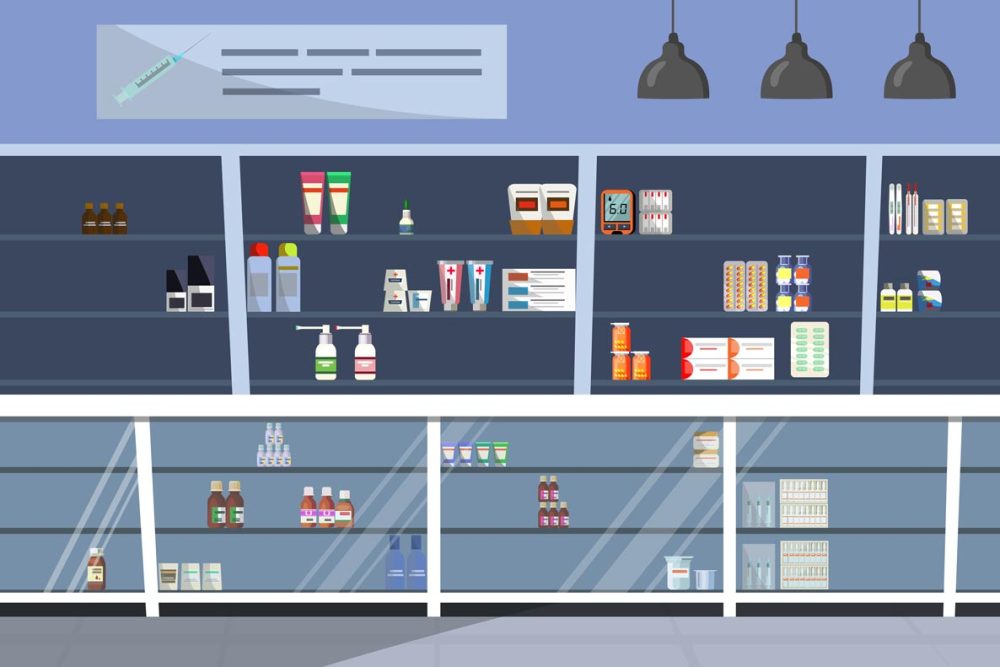Advertisment
ADHD medications hit by supply shortages important to improve quality of life

Research led by the University of Southampton has found that medications play an important role in improving the quality of life of people with ADHD, but the authors suggest more support – in addition to medications – is needed.
The findings published online today (8 August 2024) in The Journal of the American Academy of Child and Adolescent Psychiatry throw the likely impact of shortages of certain ADHD medications into sharp relief.
“It is deeply concerning to think of the impact on people who cannot access their medication due to supply shortages or for other reasons,” says Professor Samuele Cortese from the University of Southampton, senior author on the paper.
Attention-Deficit/Hyperactivity Disorder (ADHD) is primarily characterised by inattention, hyperactivity, and impulsivity. These core symptoms can negatively impact social interactions and relationships, work, education, and the ability to perform daily tasks.
“People with ADHD report lower quality of life in areas such as work productivity, social and family life, and self-esteem, compared to their neurotypical peers,” says Dr Alessio Bellato, a lecturer in Psychology at the University of Southampton and lead author of the paper.
“This study shows that medications play an important role in improving quality of life for those with the condition.”
The researchers conducted the first systematic review and meta-analysis investigating the effects of stimulant (amphetamines and methylphenidate) and non-stimulant (atomoxetine) drugs for ADHD on quality of life.
They included 17 placebo-controlled trials, encompassing over five thousand participants in the analysis. Trials were drawn from the MED-ADHD dataset (https://med-adhd.org), the largest dataset of trials of ADHD medication, set up by Professor Cortese and international collaborators.
Both stimulant and non-stimulant drugs were significantly more effective in improving quality of life than placebo. However, the study also found that while the effects of these drugs on the core ADHD symptoms are usually medium to high, the impact on quality of life was in the small-to-medium range.
Professor David Coghill from the University of Melbourne, a co-author on the paper, added: “This disparity shows that, for most people, targeting core symptoms through medication alone is unlikely be enough to counter the impact of ADHD on quality of life. More research is needed to find out whether combining medication with other approaches can lead to further improvements in well-being, and what types of support might be most effective in situations where medication is not available.”
“More research is also needed to better understand how these medications affect quality of life,” says Dr Bellato. “It could be that reducing the core symptoms of ADHD (inattention, hyperactivity, impulsivity) leads to more efficient task management and this results in better academic and professional outcomes. Medications may also help to stabilise emotional dysregulation, which might promote emotional well-being and higher self-esteem.”
“Considering that ADHD medication might not be acceptable, effective, or well tolerated for everyone with ADHD, more research is needed to evaluate alternative approaches, including psychological interventions.”
Systematic Review and Meta-Analysis: Effects of Pharmacological Treatment for Attention-Deficit/Hyperactivity Disorder on Quality of Life is published in The Journal of the American Academy of Child and Adolescent Psychiatry and is available online.
- Systematic Review and Meta-Analysis: Effects of Pharmacological Treatment for Attention-Deficit/Hyperactivity Disorder on Quality of Life will be published in The Journal of the American Academy of Child and Adolescent Psychiatry. The final online version was published today (8 August 2024) and is available here: https://www.sciencedirect.com/science/article/pii/S0890856724003046?via%3Dihub
- For Interviews with Dr Alessio Bellato and Professor Samuele Cortese, please contact Steve Williams, Media Manager, University of Southampton press@soton.ac.uk or 023 8059 3212.
- For interviews with Professor David Coghill, please contact Danielle Galvin, Media Advisor, University of Melbourne, danielle.galvin@unimelb.edu.au or +61439301953.





